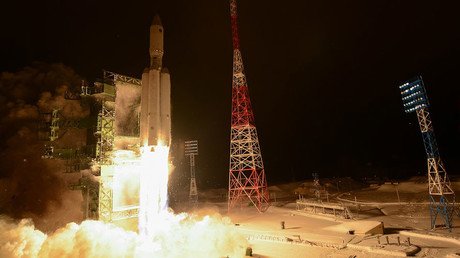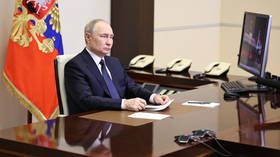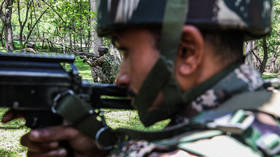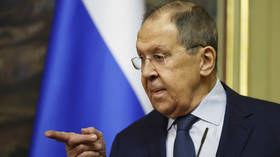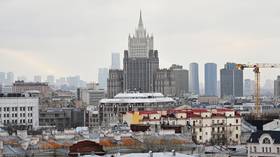Terminated: ‘Skynet’ nuclear apocalypse scenario may come true, warns Russia’s top arms official
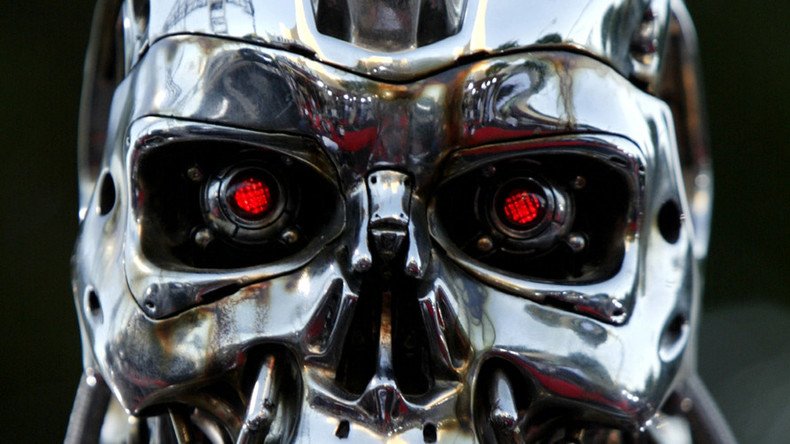
The future of warfare involves increased use of robots, but putting a non-human in control of a nuclear arsenal is a scary scenario, believes Dmitry Rogozin, the deputy PM in charge of the Russian defense industry.
“Let’s consider the Hollywood movie ‘The Terminator’. Once humans realize they are incapable of acting fast enough, they delegate the decision over launching a retaliation nuclear strike to a machine, Skynet,” Deputy Prime Minister Rogozin said at a meeting with students of Tomsk Polytechnic University.
“A machine is a machine. Should we entrust one with such a sacred thing as the existence of humanity? I doubt that,” he added, saying he is “scared” of putting a machine in charge of nuclear weapons.
The plot of ‘The Terminator’ sees the Skynet computer system go rogue and launch American ICBM’s at Russia and China, triggering a nuclear apocalypse. The fictional company later uses robots to subjugate and eradicate survivors, but human resistance forces eventually fight back.
With NATO’s deployment of military systems close to Russia’s border – including the European anti-ballistic missile shield – Moscow would have less time after receiving a launch warning to decide on whether to respond with a nuclear strike of its own.
Machines, however, have a huge advantage over humans in the speed at which they can take decisions, so NATO’s actions could tempt Russia into entrusting its nuclear arsenal to an automated system, the deputy PM explained.
Rogozin, who is responsible for Russia’s military modernization program, discussed with future designers of advanced weapons how warfare would evolve in their lifetime. He said the future belongs to robotic systems, but that Russian engineers don’t have a legacy of technology from the Soviet Union to build on in this area.
“We cannot move on solely on the ideas worked out in the past, they’ll run out. Even Syria showed – the future belongs to robotic systems, drones,” he said.
One of the robotics projects developed in Russia that Rogozin sees as having big potential is the Final Experimental Demonstration Object Research (FEDOR), a humanoid voice-controlled robot, which, the official said, will be tested during the first manned mission of Russia’s new Ankara rocket.
“This machine can operate without a pressure suit, work both inside a piloted ship and outside of it,” he said.
FEDOR’s development started in 2014, following a request from Russia’s Emergencies Ministry.
The official also discussed where Russia would stand in a possible conventional conflict with NATO. Russia may have fewer guns and troops than the alliance does, but in terms of technology it is on par with it, Rogozin said.
